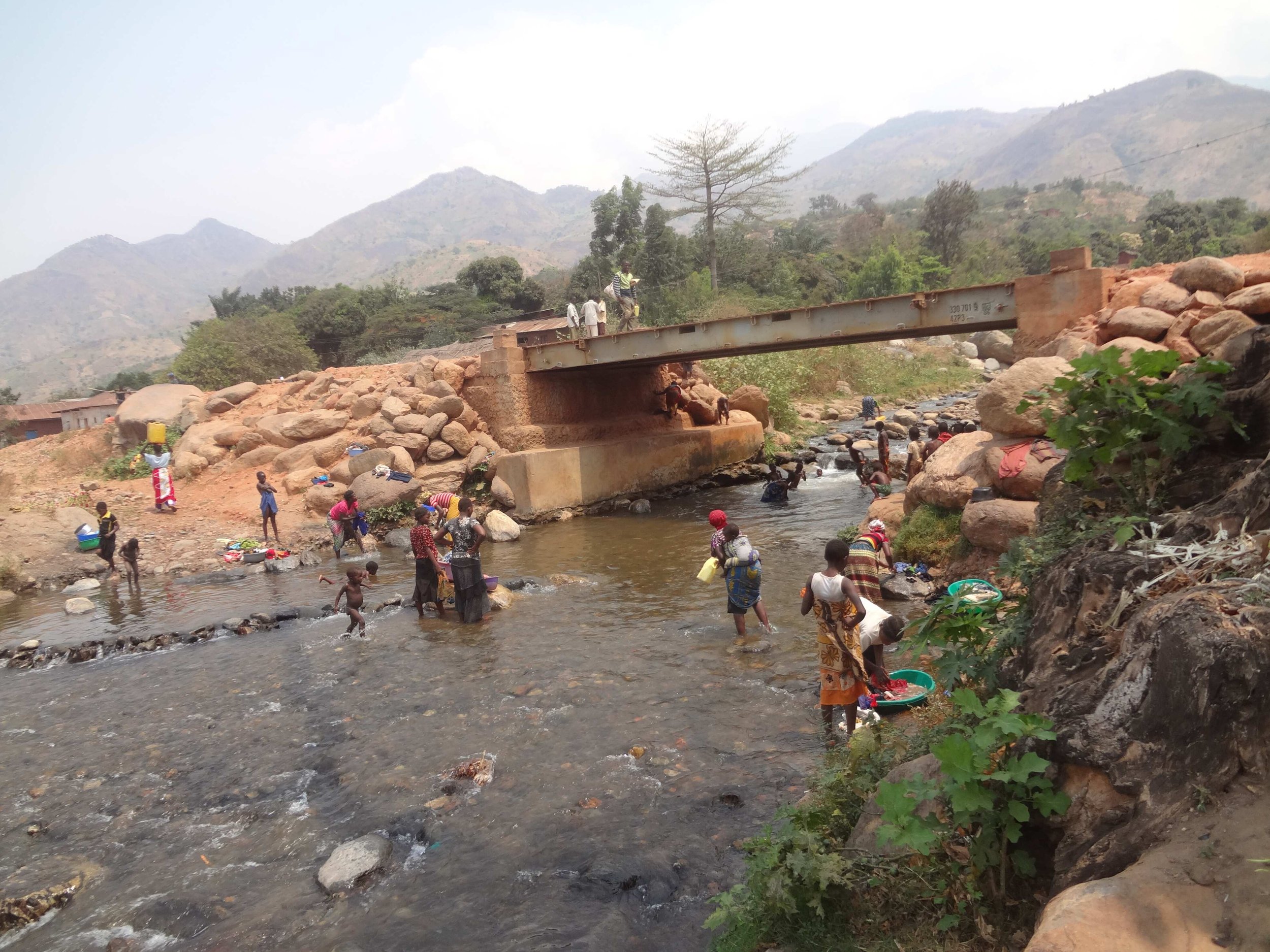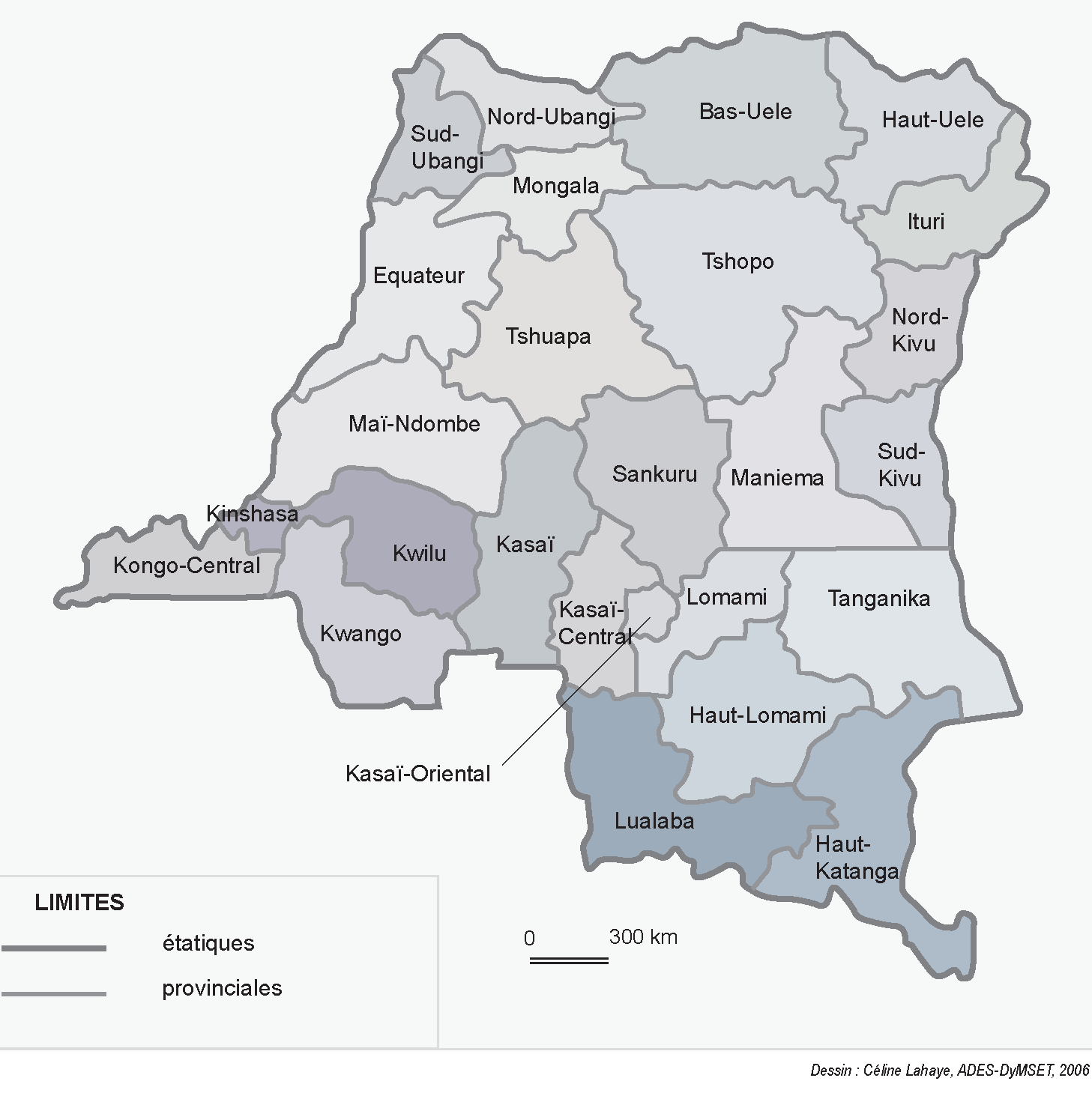The Democratic Republic of Congo
Credit to Jared Gange’s book, ‘Suddenly You Are Nobody’
The Democratic Republic of Congo is a land of enormous potential and mind-boggling tragedy. Straddling the equator and sitting squarely in the heart of Africa, the DRC, or DR Congo, or Congo, as it is variously known, is the second-largest country in Africa and almost four times the size of Texas. Its vast rainforest is second in size only to the Amazon, and Lake Tanganyika, on its eastern border, contains over 700 times the amount of water of Lake Champlain, almost as much as the five Great Lakes combined. Congo is fabulously rich in natural resources— it has significant reserves of diamonds, gold, cobalt, uranium, coltan, copper, and tin— yet its people are among the poorest, by some measures the poorest, in the world. It’s a sad fact that Congo’s great natural wealth has also been its curse.
In 1960, after 50 years of rule, a period considered one of the most violent, repressive and exploitive colonial regimes in history, Belgium hurriedly granted Congo independence. But with essentially no trained civil servants—there were reportedly only three Congolese employed in the Belgian administration of over 5,000—the country was completely unprepared for self-governance. It’s fair to say that even the best of leaders would have had a slim chance of overcoming the problems that arose. After independence was achieved, several key provinces immediately seceded, the Belgians assumed they would effectively retain control of the country and powerful multi-national corporations were determined to continue plundering the country’s wealth.





